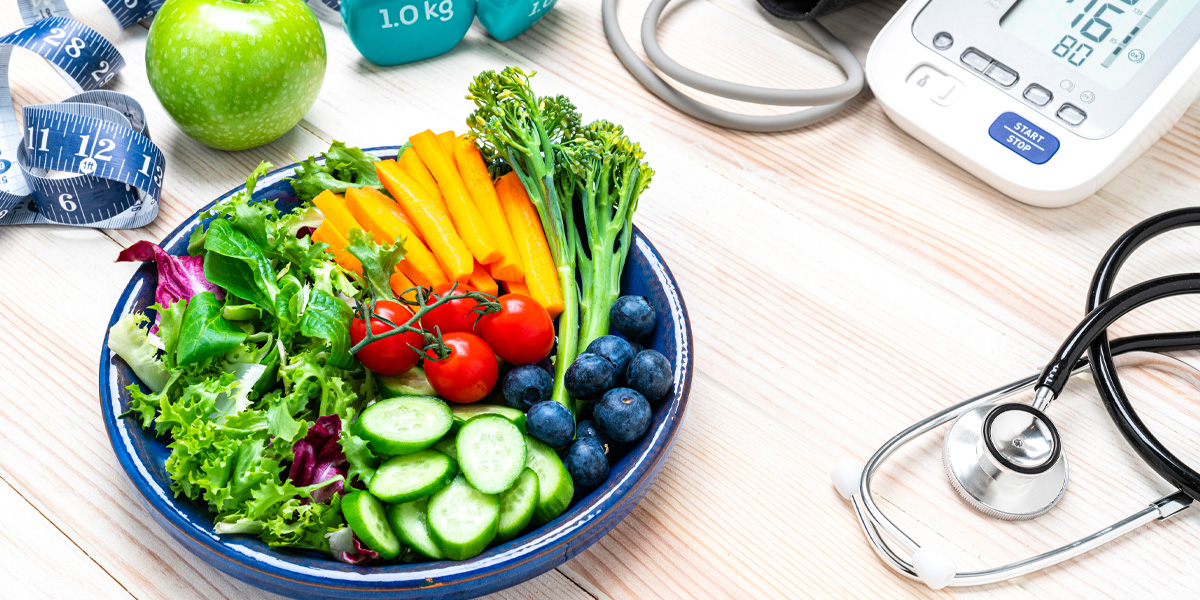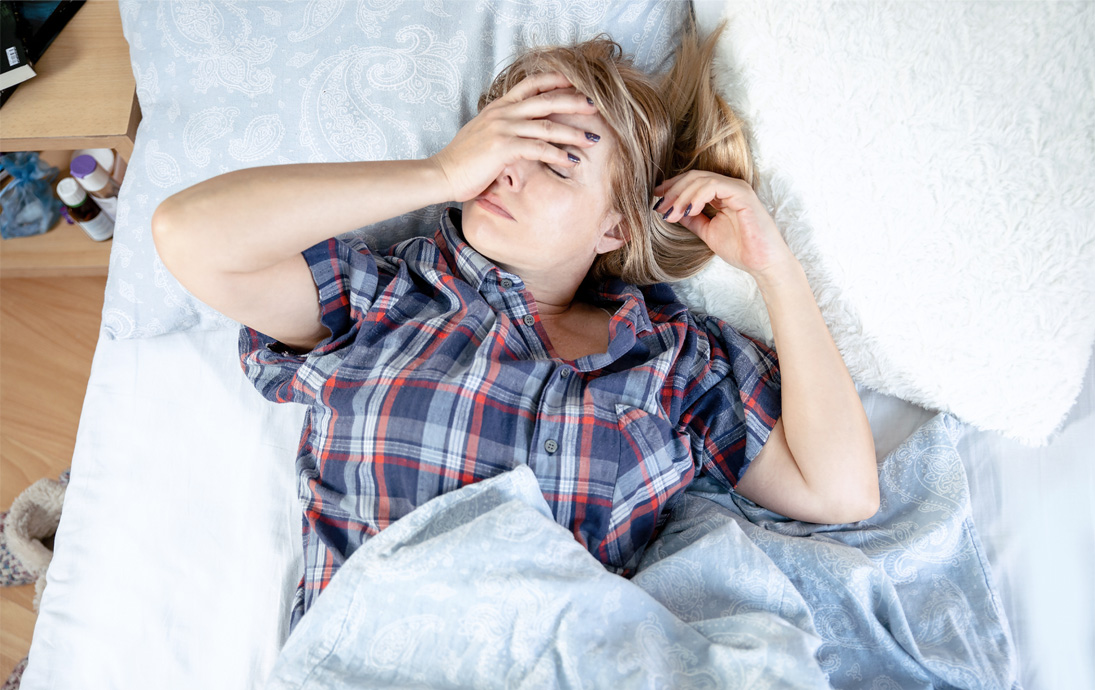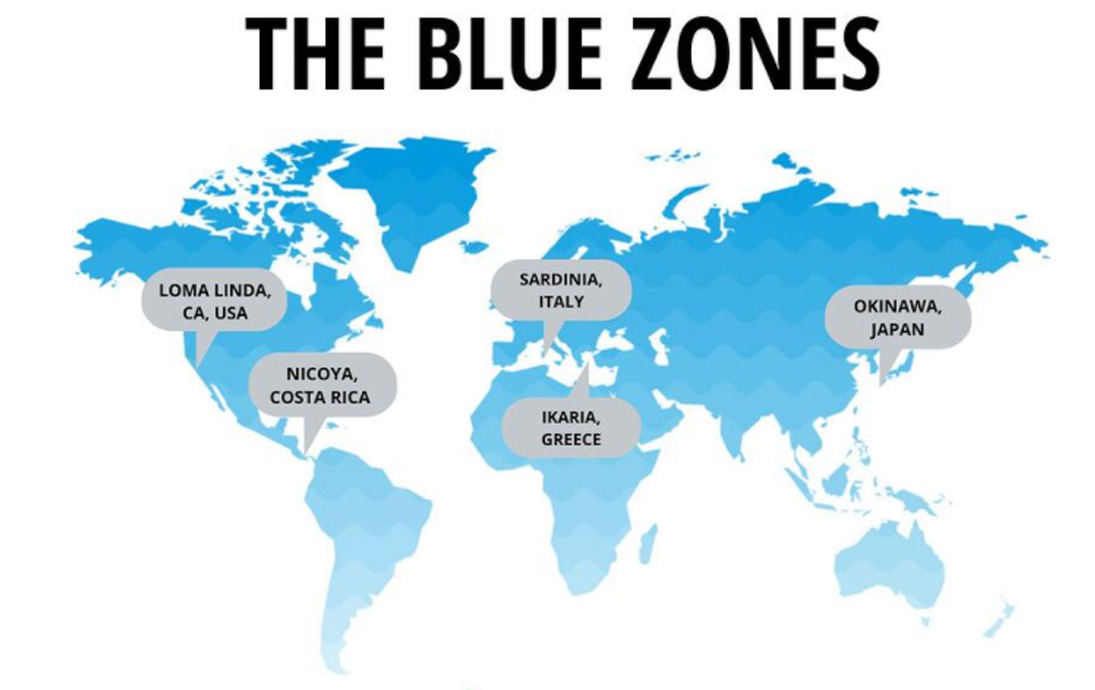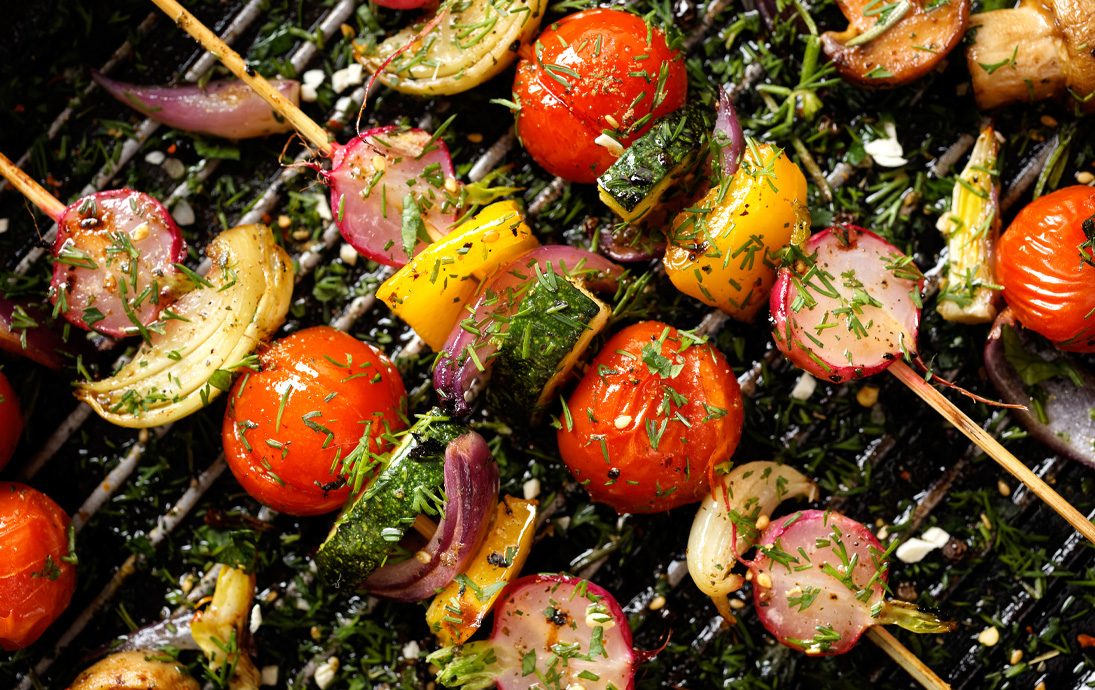
Stress can have a big influence on your relationship with food. Emotional eating, changes in appetite, and food choice become intertwined with your level of stress.
Physical changes:
How much food you eat. This may mean less than or more than you would typically eat.
- What foods. You may make “comfort food” choices, or stress may cause your digestive system to react negatively to healthy foods that you commonly eat. This may cause you to choose foods that are less than healthy because you don’t feel well.
- Lack of focus/time to make healthy choices. You may find that your schedule is off causing you to eat at times that are not ideal for your body to use calories. It’s also possible that you do not eat enough at times that keep you consistently nourished. The logistics of shopping for and preparing healthy foods may be too much when you are coping with a stressful time.
- Prolonged stress can affect the body’s ability to absorb and use nutrition efficiently. Stress hormones like cortisol can interfere with the absorption of essential nutrients and can lead to imbalances within the body.
Psychological:
- Coping with emotions. Stress may cause cravings for specific types of food such as sugary or high-fat foods.
- Mindless (not mindful) eating may be a result of stress. You may eat for a quick sense of relief from stress without being aware of what you consume.
- Negative thought process about ourselves and food. Stress eating can become a vicious circle with guilt about eating junk, or weight gain/loss due to poor nutritional choices. These diet changes during stressful times can lead to more stress if you don’t feel well or feel guilty about your less-than-ideal nutritional choices.
Prioritize eating well when stressed. Try to not make significant changes to your diet during stressful times. Find a different coping method rather than food. Ask for help from a professional if you need ideas about how to disentangle your stress eating from healthy eating.


